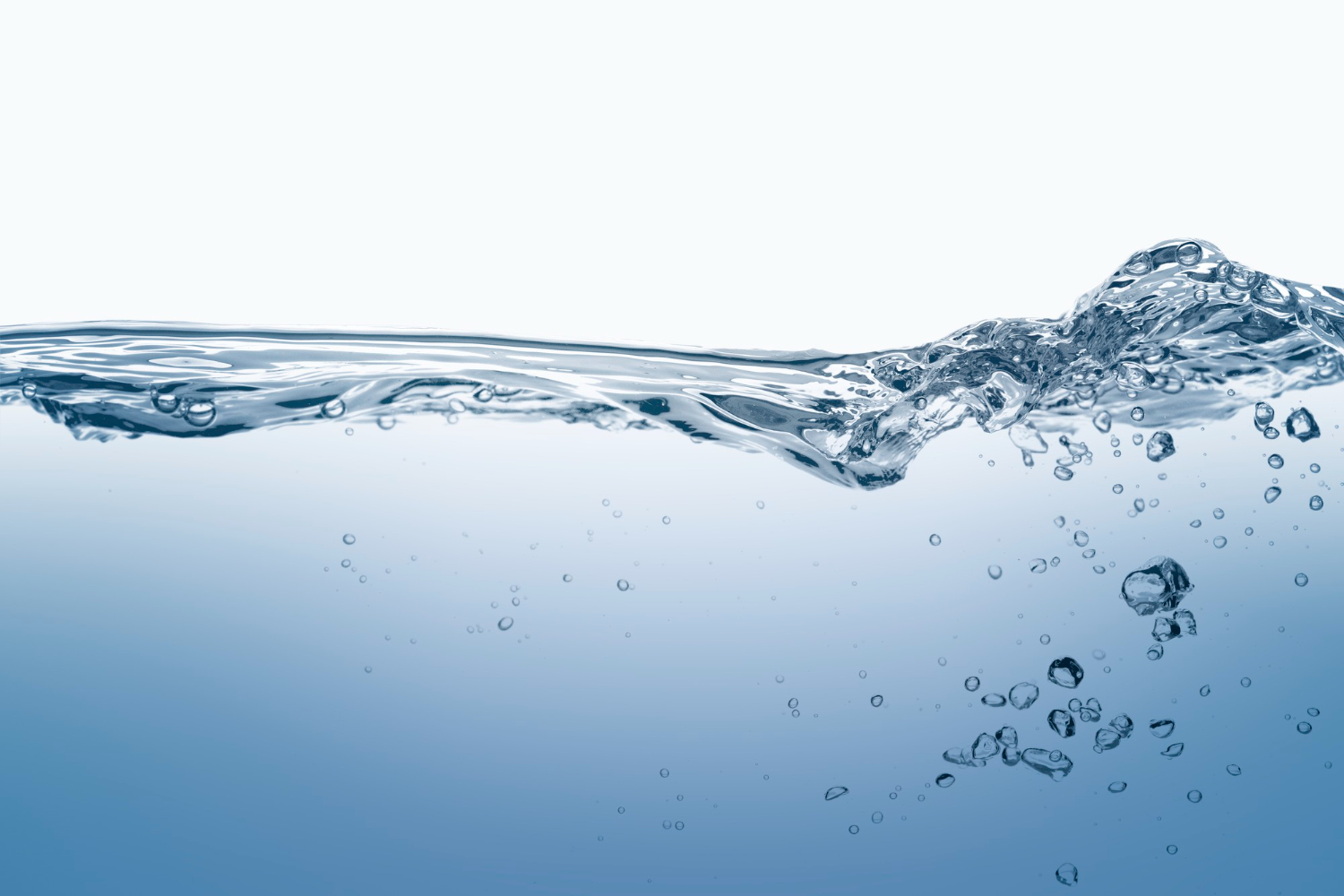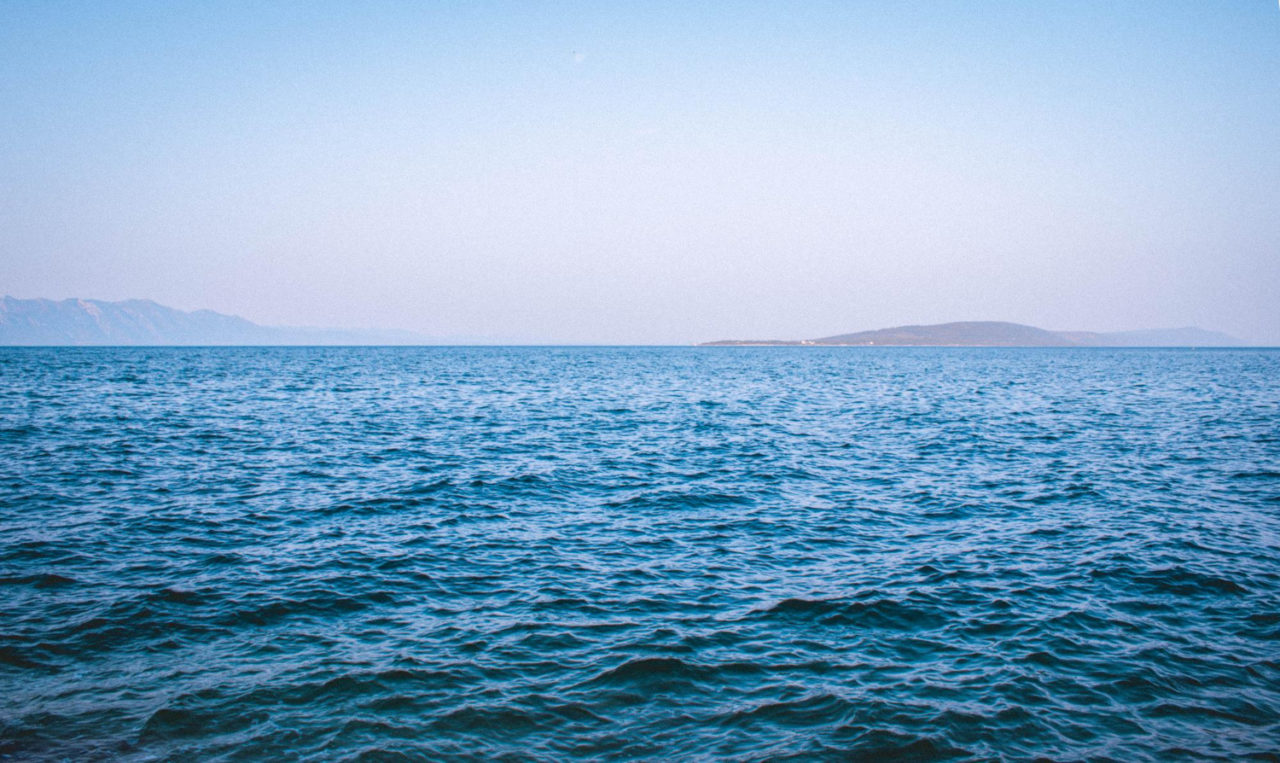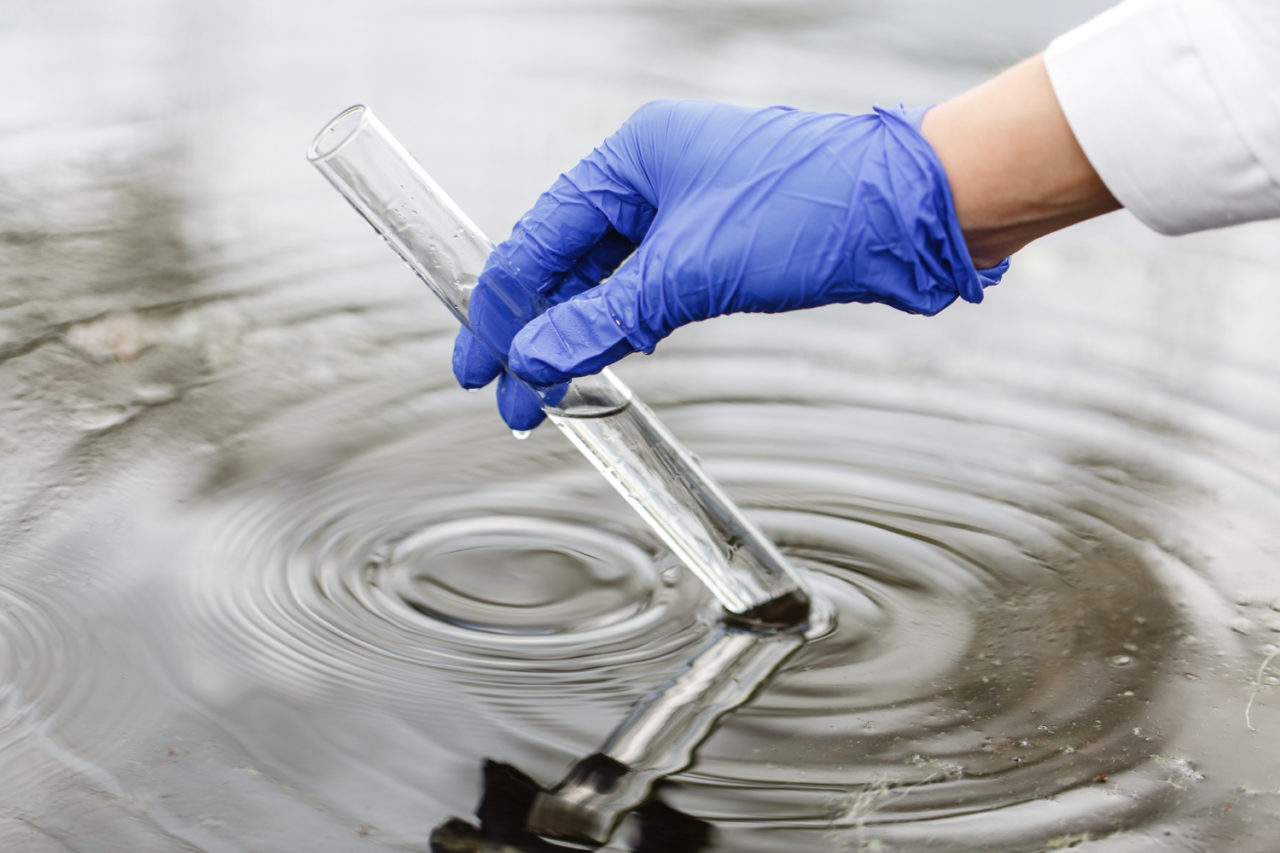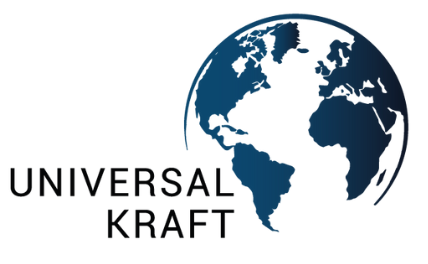
Desalinated water is becoming more and more popular in nations with limited water supplies for cleaning, cooking, and drinking. Desalination is a process that involves removing salt from seawater and filtering it to produce drinking quality water. However, the energy-intensive desalination process damages coastal habitats and contributes to global warming since it uses fossil fuels, which also produce toxic brine.
In Israel, roughly 25% of the drinking water worldwide is desalinated, compared to only 1% globally. The country desalinizes 585 million cubic meters per year, while overall water consumption – including for industrial and agricultural use – is around 2.5 billion cubic meters.
The country’s primary supply of fresh water for many years was the freshwater Sea of Galilee, which produced 513 million cubic meters in 2001–2002. However, that amount had dropped to just 25 million cubic meters by 2018–19. There are currently proposals to add desalinated water via a pipeline to the quickly receding lake. Israel also signed an agreement in 2022 to provide 200 million cubic metres of desalinated water to Jordan, in exchange for electricity from a new 600MW solar power project being built in the country.

For other water-scarce nations, Israel’s success with desalination offers optimism regarding climate change. However, the technology is costly and in a net-zero future will need massive amounts of electricity. Big desalination plants do not come cheap. Huge-capacity plants usually have capital costs in the hundreds of millions of dollars; thus, it should come as no surprise that the majority of plants constructed recently have been either to feed huge cities in Australia or the US, or to operate in wealthy nations like the UAE and Israel.
The significant energy requirements of the desalination process, which can range from one-third to more than half the cost of producing desalinated water, are a contributing factor to the high cost of desalination even as technology advances in this area.
Five thing to know about desalination
- It’s a booming business. A 2018 United Nations study says there are now almost 16,000 desalination plants operating in 177 countries, producing a volume of freshwater equivalent to almost half the average flow over the Niagara Falls.
- Several countries, such as Bahamas, Maldives and Malta, meet all their water needs through the desalination process. Saudi Arabia (population 34 million) gets about 50 per cent of its drinking water from desalination.
- In most desalination processes, for every litre of potable water produced, about 1.5 litres of liquid polluted with chlorine and copper are created. This wastewater (“concentrate”) is twice as saline as ocean water. If not properly diluted and dispersed, it may form a dense plume of toxic brine which can degrade coastal and marine ecosystems unless treated.
- Unconventional water resources, such as those resulting from desalination, are key to support Sustainable Development Goal 6 (to ensure availability and sustainable management of water and sanitation for all). Seawater desalination can extend water supplies beyond what is available from the hydrological cycle, but innovation in brine management and disposal is required.
- The last decade has seen increased academic interest in recovering resources from brine, according to one study. Seawater contains various minerals, some of which are rare and expensive to mine on land. While extracting materials from brine is possible, its high cost restricts commercialization.

One of the main goals of the UN Decade of Ocean Science for Sustainable Development (2021–2030) and the UN Decade on Ecosystem Restoration (2021–2030) is to safeguard and restore ecosystems from the effects of air, water, and other forms of pollution.
ALSO READ WHY ALL OF US SHOULD CARE ABOUT OCEAN COMMUNITIES
Read more news on sustainability and clean energy here.

Universal Group takes great efforts in protecting the environment and ocean communities. Island Power Solutions is our specialized company for island communities, with the goal to find the best alternatives to clean energy production. IPS aims to replace the unsustainable fossil fuel energy, which is both expensive and polluting to the environment leading islands to reach 100% clean power production.




